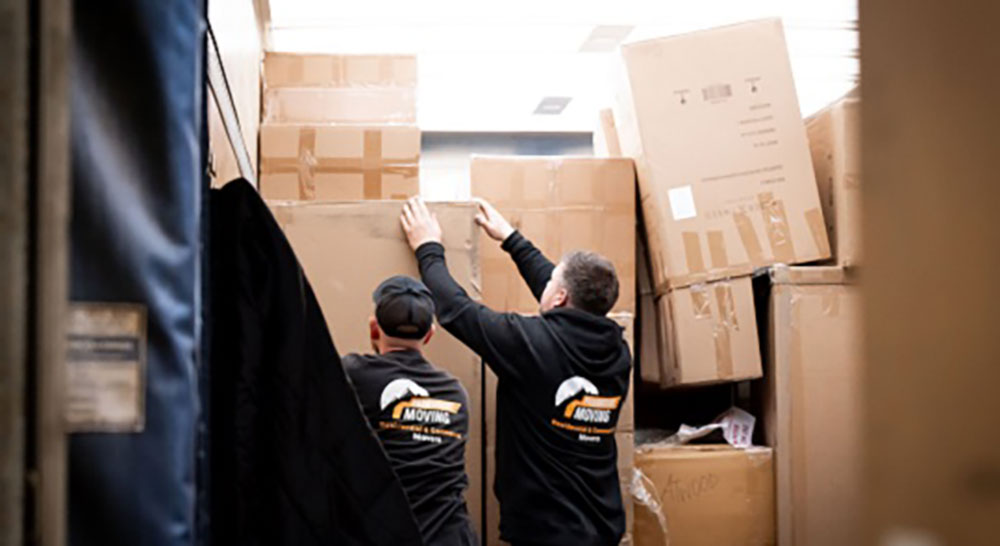All kinds of commercial relocations can happen due to expanding operations, finding a better location, or downsizing. These are the most common reasons why offices, retail stores, and other businesses might seek the help of professional movers, as there is often specialized equipment and sensitive electronics that require safe transportation.
Clinic moving is a specialized form of commercial relocation that demands precision, regulatory compliance, and strict attention to safety and confidentiality. Unlike typical office or retail moves, clinic relocations involve transporting sensitive medical equipment, pharmaceuticals, and confidential patient records.
All of these items require expert handling, specialized packaging, and adherence to health and legal standards, which can be provided by professional movers like paramountmoving.ca. The next challenges of clinic move can be tackled by moving specialists:
Equipment complexity
Clinics rely on highly sensitive devices, such as imaging systems, diagnostic machines, sterilizers, and laboratory instruments. These items are delicate and expensive and often require disassembly, calibration, and climate-controlled transport. Professional movers who specialize in medical relocations use shock-absorbing packing materials, anti-static wraps, and custom crates to protect each item, while working closely with biomedical engineers and technicians to oversee the handling, labeling, and documentation of the equipment throughout the moving process.
Facility requirements
The placement and reconnection of this equipment at the new site must adhere to specific layout and safety protocols to ensure functionality and compliance with health regulations. Additionally, movers and facility planners should verify room dimensions, power supply compatibility, and ventilation requirements to prevent operational disruptions and ensure a seamless transition.
Confidential and regulated materials
Patient records, whether physical or digital, must be managed in accordance with Canadian privacy laws, such as the Personal Information Protection and Electronic Documents Act (PIPEDA), and applicable provincial health information legislation. This includes the Personal Health Information Protection Act (PHIPA) in Ontario and similar statutes in other provinces and territories. Professional medical movers use secure chain-of-custody systems, sealed containers, and data protection procedures to prevent unauthorized access to or loss of sensitive information during transport. Likewise, controlled substances, biohazard materials, and medical waste require licensed carriers and compliance with strict transport regulations.
Operational continuity
It is essential for clinics to maintain uninterrupted operations because downtime can have a significant impact on patient care and revenue. Experienced movers plan relocations in phases and sometimes execute moves overnight or on weekends to minimize disruption. Detailed coordination between clinic administrators, IT specialists, and movers ensures that essential systems, such as patient databases, diagnostic devices, and telecommunications, are quickly restored.
Sanitation and environmental control
Sanitation and environmental control are of paramount importance during a medical relocation. Healthcare environments require levels of cleanliness and hygiene that greatly exceed those of ordinary commercial spaces. Movers must use protective coverings on all equipment, maintain sterile zones where appropriate, and strictly prevent contamination risks. Furthermore, the new facility must be thoroughly prepared. This includes ensuring that utilities, climate control systems, and medical gas lines are fully tested and verified before move-in.
Insurance and liability
Given the high value and sensitivity of medical equipment, insurance and liability coverage play an even greater role in clinic relocations. The potential consequences of mishandling such items, ranging from costly damage to service interruptions, necessitate movers carrying comprehensive insurance policies tailored specifically to healthcare operations. Clinic administrators should review these policies in advance to ensure that all equipment, data, and facility assets are adequately covered before the relocation process begins.
In essence, moving a clinic involves more than just logistics; it requires medical compliance, precise handling, and seamless coordination. Only moving companies with specialized medical relocation experience can ensure such transitions occur safely and efficiently without compromising patient care or regulatory obligations. Detailed coordination between clinic administrators, IT specialists, and movers ensures that essential systems are quickly restored.






